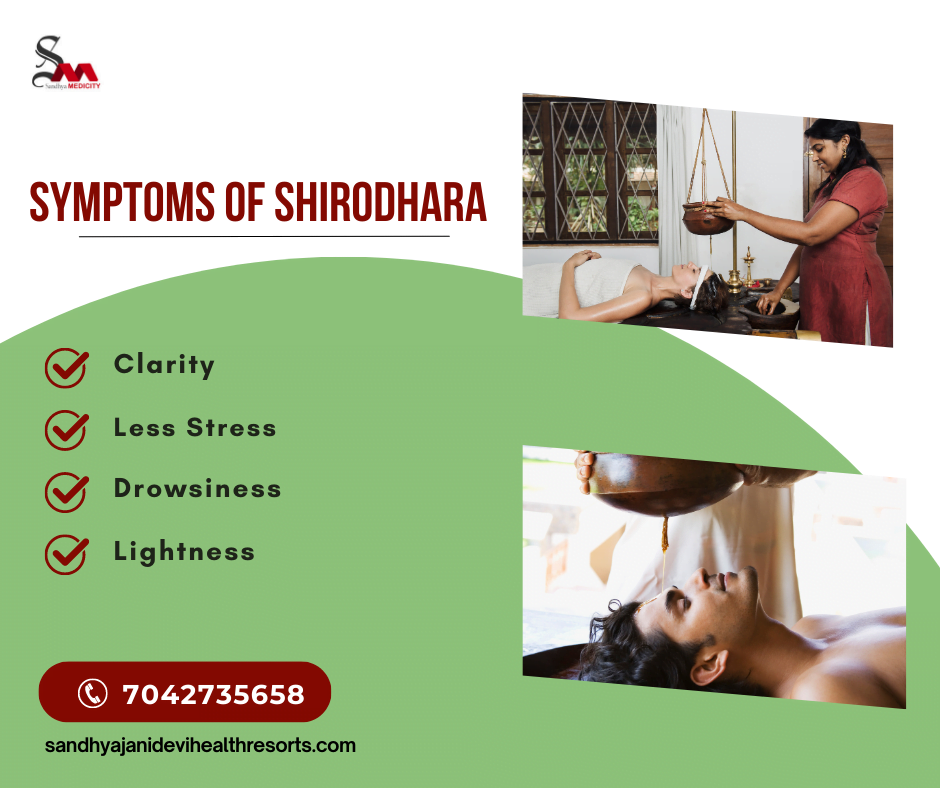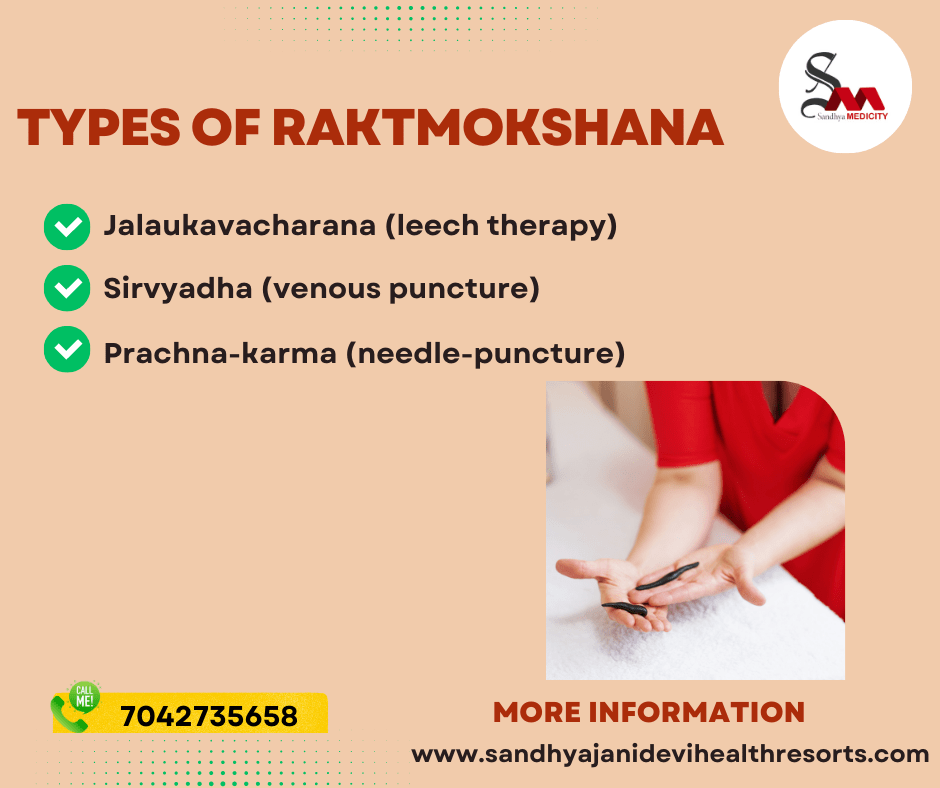We delve deep into the world of Ayurveda, best for panchkarma unlock its secrets and discover the essence of holistic healing Today we have an exciting topic for discussion Which time is best for Panchakarma.
Introduction to Panchakarma
Panchakarma, an ancient Ayurvedic therapy, is a powerful technique to purify the mind, body and spirit. It helps to eliminate deep-rooted toxins, rejuvenate tissues and restore balance to our overall well-being. But timing plays a key role in optimizing the benefits of this transformative treatment. So, let us look at the different timings for Panchakarma and understand which is the best.
Morning – best for panchakarma ayurveda
Arise and shine! Morning time is considered best for Panchakarma. As the day wakes up, our body’s natural energy known as “Vata” gets activated. Engaging in Panchakarma during this time helps to harness the energetic essence of the morning, thereby increasing the effectiveness of the treatment. This allows the body to fully absorb the therapeutic oils and herbs used in the treatment, maximizing their healing potential.
Incorporating Panchakarma into your morning routine creates a positive environment for the rest of the day as well. It prepares your mind and body to face daily challenges with increased resilience and focus, as toxins are eliminated right from the start. You’ll leave feeling energized, motivated and ready to make the most of the day!

Seasonal ideas
Let us explore the importance of seasonal considerations while deciding the best time for Panchakarma. Ayurveda emphasizes on aligning our lifestyle with nature and the same principle applies to Panchakarma.
During the spring season, known as Vasant Ritu, our body’s natural rhythms get in sync with the rejuvenating energy of nature. Performing panchakarma during this time facilitates deep detoxification and renewal, helping to address seasonal allergies, fatigue, and other imbalances commonly associated with this changing season.
In contrast, during the monsoon season or rainy season, the outdoor environment is usually more humid. Ayurveda suggests avoiding panchakarma during this time, as increased humidity can hinder proper oil absorption, potentially weakening its therapeutic effects.
Personal constitution
In Ayurveda, we believe that each person has a unique combination of doshas – Vata, Pitta and Kapha. Understanding your individual constitution is important in determining the most optimal time for Panchakarma.
Vata-dominant individuals have the qualities of air and ether, which makes them sensitive to cold and thrive in warm environments. Therefore, scheduling Panchakarma during warmer months such as summer helps balance their doshas, providing a more comfortable and effective experience.
For pitta individuals, who exhibit the qualities of fire and water, cooler months such as autumn and early winter are better for panchakarma. Pitta dosha is aggravated by heat, so undergoing this therapy during cold temperatures can help pacify the fire element in their constitution.
Kapha individuals characterized by the earth and water elements benefit from Panchakarma during the transitional seasons of early spring and late autumn. These periods help balance the heavy and lethargic nature of Kapha by infusing the energy of transformation and rejuvenation, promoting their overall well-being.
Personal schedule
If you have a busy schedule during the morning, you can opt for an afternoon session of Panchakarma. This arrangement enables you to devote uninterrupted time to this transformative therapy, ensuring that you still receive the full benefits.
It is important to avoid doing panchakarma immediately after a meal, as this can hinder the detoxification process. It is advised to wait at least two hours after a light meal or four hours after a heavy meal before starting therapy.
Conclusion:-
A comprehensive exploration of the various factors to consider while deciding the best time for Panchakarma. Whether you choose to embrace the energy of the morning, tune in with the seasons, or follow your own individual dosha constitution and program, remember that Panchakarma is a deeply personal experience.


